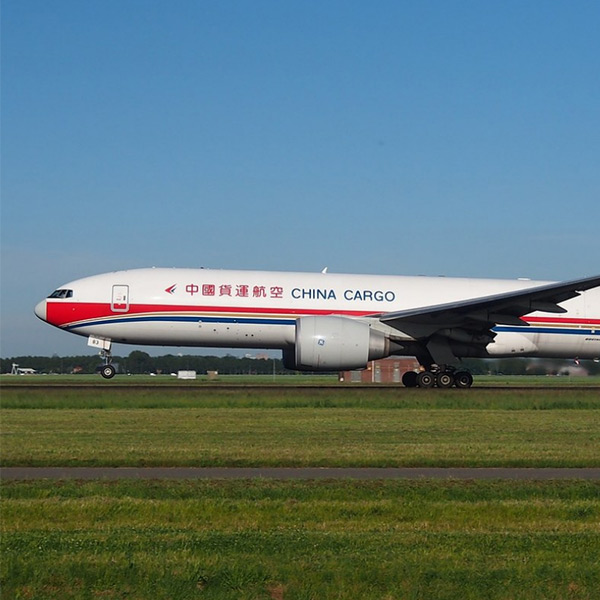The concept and characteristics of International Logistics Service
2023-10-17
The concept of international logistics service refers to the management and coordination of various activities involved in the movement of goods, information, and resources across international borders. It encompasses the planning, execution, and control of logistics operations on a global scale, with the goal of ensuring efficient and effective supply chain management in an international context.
Characteristics of international logistics service include:
1. Global Scope: International logistics service operates on a global scale, encompassing transportation, storage, and distribution activities across multiple countries and regions. It involves navigating the complexities of international trade, customs regulations, and cultural differences.
2. Multimodal Transportation: International logistics often involves the use of multiple transportation modes, such as air, sea, road, and rail, to move goods across borders. The choice of transportation mode depends on factors such as the nature of the goods, cost, transit time, and geographical considerations.
3. Customs Compliance: International logistics service requires compliance with customs regulations and documentation requirements of different countries. It involves preparing and submitting import/export documentation, coordinating customs clearance processes, and ensuring adherence to customs procedures and trade compliance regulations.
4. Supply Chain Visibility: International logistics service emphasizes the need for real-time visibility and tracking of goods throughout the supply chain. It involves utilizing technologies, such as GPS tracking, RFID tags, and integrated information systems, to monitor and provide accurate information about the location, status, and condition of shipments.
5. Global Network and Partnerships: International logistics service providers establish extensive networks and partnerships with transportation carriers, customs brokers, warehousing facilities, and other logistics stakeholders across various countries. These networks enable efficient coordination and access to necessary resources and expertise to support international logistics operations.
6. Risk Management: International logistics involves managing risks associated with global trade, including geopolitical uncertainties, supply chain disruptions, natural disasters, and security threats. Effective risk management strategies are essential to minimize disruptions, ensure business continuity, and protect the integrity of the supply chain.
7. Time and Cost Efficiency: International logistics service aims to optimize time and cost efficiency in the movement of goods. It involves efficient route planning, consolidation of shipments, effective inventory management, and streamlined customs processes to reduce transit times, lower costs, and enhance overall supply chain performance.
8. Customer-centric Approach: International logistics service providers focus on meeting customer expectations and delivering high-quality service. They understand the unique requirements and preferences of customers operating in global markets, providing customized solutions, proactive communication, and reliable support to ensure customer satisfaction.
Overall, international logistics service plays a crucial role in facilitating global trade, enabling businesses to expand their reach, optimize supply chain operations, and meet the demands of international markets. By efficiently managing the complexities of international logistics, businesses can gain a competitive edge, improve customer service, and achieve operational excellence.



